Washington, D.C. Hosts WorldPride Amid Political Tensions
The capital of the United States, Washington, D.C., is abuzz with excitement as it hosts WorldPride this year, culminating in a grand parade near the White House. However, the political backdrop concerning diversity, equity, and inclusion (DEI) and transgender rights under the current administration is causing unease among participants.
On Pennsylvania Avenue, close to the White House, roads are being closed to accommodate the WorldPride parade. A diverse crowd of thousands, including individuals identifying as gay, transgender, and queer, is expected to gather, representing a wide spectrum of ages, races, and religions. NPR’s Selena Simmons-Duffin provides insights into this year’s unique Pride celebrations in D.C.
WorldPride’s Global Journey Lands in the U.S. Capital
This year marks a special occasion as WorldPride, an international version of local Pride parades, sets its stage in Washington, D.C. Originating in Rome in 2000, WorldPride has previously been celebrated in cities like Madrid and Toronto. The festival has been ongoing for weeks, featuring concerts, sporting events, art exhibitions, and lectures, all leading up to today’s parade.
Political Climate and Its Impact on LGBTQ+ Community
Recent executive orders by the Trump administration have sparked concern within the LGBTQ+ community. Policies limiting transgender rights, such as banning participation in sports and restricting healthcare and military service, have heightened tensions. The White House’s stance of recognizing only two sexes further exacerbates these concerns.
Washington, D.C., known for its significant LGBTQ+ population, has seen increased friction with the federal government over local governance issues. This week, the National Park Service’s decision to temporarily close Dupont Circle, a central hub in the city’s historic gay neighborhood, under the pretext of public safety, only to reverse it after local protests, underscores this tension.
Nervousness and Declining Corporate Support
The current political environment has instilled a sense of apprehension among parade-goers. Some advisories have cautioned transgender individuals against traveling to D.C. from abroad. Zach, a federal employee who preferred to remain anonymous, shared, “Anti-trans and anti-queer policies made a lot of people, especially those in foreign countries, feel like they weren’t welcome here.”
Moreover, corporate backing for Pride events has seen a decline. A survey by Gravity Research indicates that one-third of 200 corporations are scaling back their participation in Pride activities nationwide. Concerns about potential backlash from the administration have prompted businesses to adopt a more subdued public stance while internally reassuring their workforce of their commitment to inclusivity.
Echoes of History Amid Uncertainty
Despite these challenges, the spirit of Pride remains resilient. As NPR’s Simmons-Duffin notes, the phrase “The first Pride was a riot,” referencing the 1969 Stonewall Inn uprising, resonates powerfully this year. This historical context of resistance against discrimination is a reminder that the LGBTQ+ community is well-versed in confronting adversity.
For more on WorldPride and its events, visit the NPR website.
This article was originally written by www.npr.org


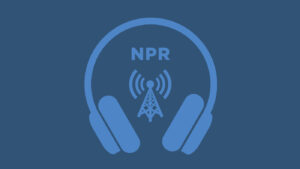
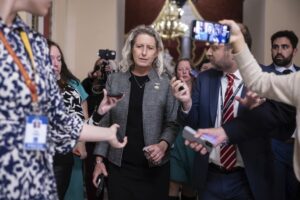
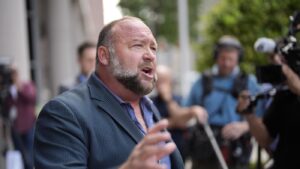
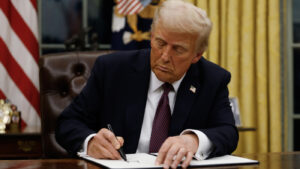
Be First to Comment